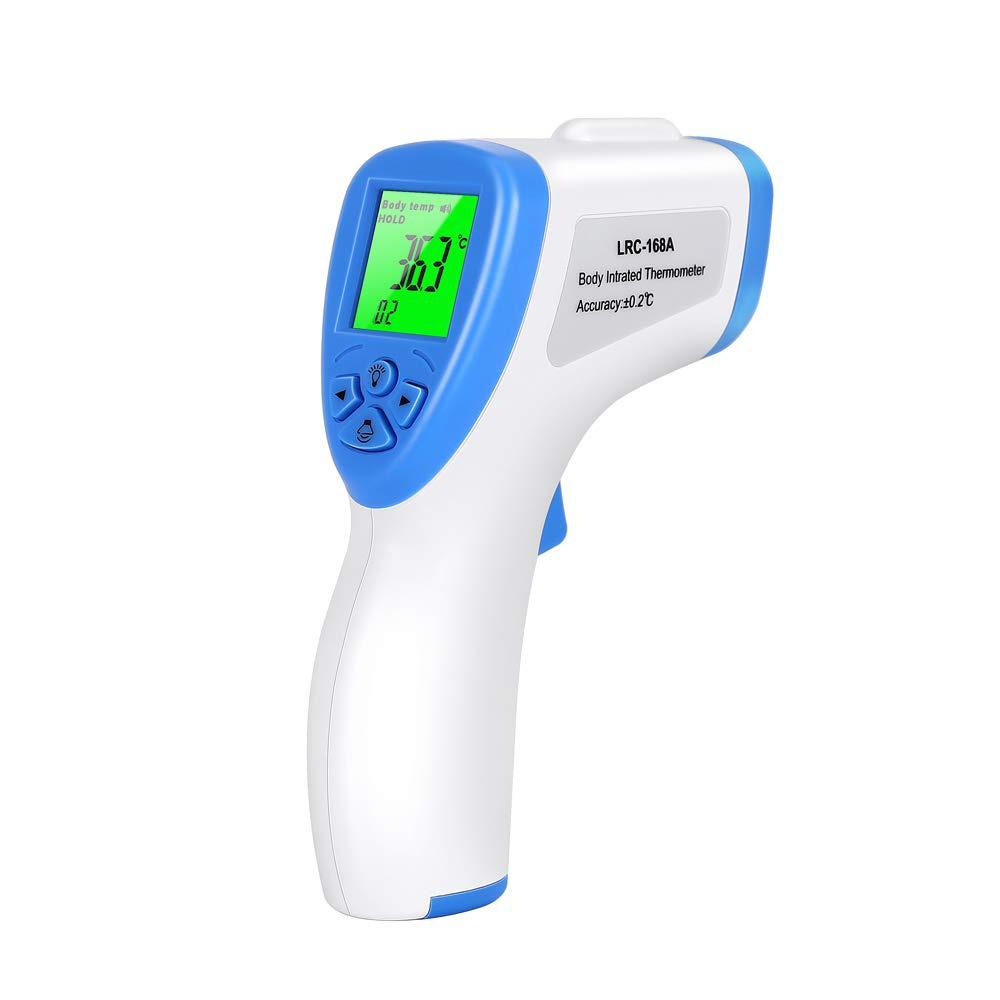How accurate are they?
For general use at home, forehead thermometers will give an idea of whether or not an individual has a fever.

However, according to a 2020 study, forehead thermometers are less accurate than other methods of reading temperature, such as oral, rectal, or tympanic (ear) temperature readings.
The environment in which a person uses a forehead thermometer can also affect its accuracy, according to the Food and Drug Administration (FDA).
The FDA writes that a draft, direct sunlight, or a radiant heat source could affect the temperature reading and make it inaccurate.
The reading could also be inaccurate if a person has been wearing a head wrap or headband before taking it or if they have sweat or dirt on their forehead.
A 2013 study comparing forehead and ear thermometers found that both devices returned lower readings than rectal thermometers.
The authors discovered that the difference between the two types of thermometers was particularly notable for forehead thermometers. They concluded that forehead thermometers are not ideal for use in a hospital setting and pediatric practice.
